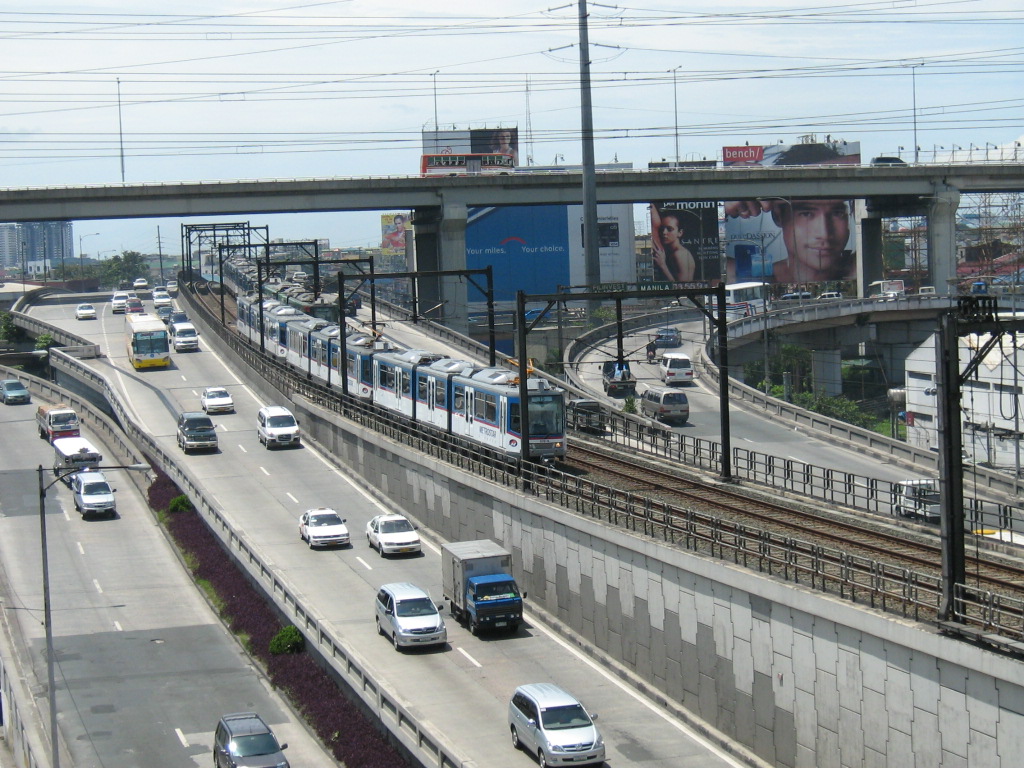
MANILA — Eastern Samar Rep. Ben P. Evardone said on Monday the route rationalization policy of the Land Transport Franchising and Regulatory Board (LTFRB) is expected to weed out “colorum” and out-of-line buses from Metro Manila streets “with extreme prejudice” once it is fully implemented in October as it will put in place forceful disincentives to discourage all forms of illegal bus operations.
“Once you read the fine print of the route rationalization policy, you will have the true sense on what it is all about, the ultimate colorum-buster and the ultimate terminator of out-of-line operations,” said Evardone, who is vice chairman of the House committee on transportation.
According to Evardone, the Php 1-million fine prescribed for every act of colorum operations will force the operators to stop their illegal trips as most buses used in the guerrilla-like runs are not even worth Php 1 million.
The penalty of Php 1 million is more than the cost of the apprehended bus and that alone will force the colorum operators to cease and desist from plying their illegal trade, he added.
He said the penalty for every out-of-line violation, or buses that stray from their defined lines, is Php 200,000.
The lawmaker noted that a single bus, whether of provincial or Metro Manila operation, does not earn a net income of Php 200,000 a month under current operating conditions, and legitimate bus operators would not risk straying from their lines because of the heavy financial disincentive imposed on out-of-line violations.
Evardone, who started his government career as Department of Transportation and Communications (DOTC) assistant secretary during the Cory Aquino administration in 1988, is deeply grounded on land transportation issues.
At that time, the DOTC implemented a bus modernization program and introduced new traffic rules for Metro Manila.
The Visayan solon also allayed fears that the route rationalization policy will increase the number of provincial buses touching Metro Manila. The policy, he said, has an iron-clad commitment that no single franchise will be added to the provincial bus franchises, which total has not increased since 1992, the year the government imposed a moratorium on the grant of provincial bus franchises.
“All the talk about the grant of new provincial franchises under the policy are just that, idle talk with no basis in fact,” he said.
Evardone said that what the rationalization will do is “tweak and adjust” the medium-distance provincial franchises that are allowed to touch Metro Manila under the flexibility rules so these franchises can be legitimized as franchises serving Metro Manila.
He said such adjustments of existing routes will be done without adding a single provincial bus franchise because the LTFRB will simply legalize the status of franchised buses serving the Metro Manila and the provinces on a de facto basis under the flexibility rule which are not even many in the first place.
The veteran lawmaker dispelled the conventional wisdom that Metro Manila‘s main roads are literally jammed with provincial buses.
“The last provincial franchises were granted in 1992 yet, when President Cory Aquino was turning over the presidency to her successor,” said Evardone. The population then was barely 60 million people.
“Not by any statistical stretch can one claim that there is an excess number of provincial buses serving Metro Manila,” he said, noting that the current population is now 100 million.
Evardone said that there is one powerful argument for the rationalization policy. It will stop “kotong” and “tong-pats” as the incentives to operate colorum buses and out—of-line buses will be completely eviscerated,“ he added.
He concluded that the rationalization policy is in lock-step with the “tuwid na daan” [straight path] of President Benigno S. Aquino III.